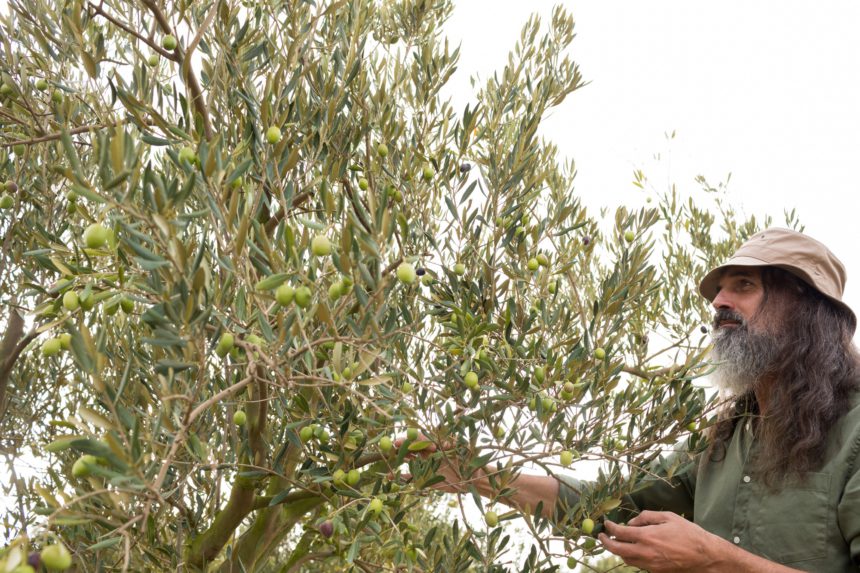Introduction
As more people adopt vegetarian and plant-based diets, the demand for high-quality protein sources has surged. Protein is essential for muscle repair, immune function, and overall health. For vegetarians, finding adequate protein can be a challenge, but fortunately, there are numerous plant-based options available. This article explores the best sources of plant-based protein for vegetarians, highlighting their nutritional benefits and practical uses.
Understanding Plant-Based Protein
Plant-based proteins are derived from various sources, including legumes, grains, nuts, seeds, and vegetables. Unlike animal proteins, which are complete proteins containing all essential amino acids, many plant proteins are considered incomplete. However, by combining different sources, vegetarians can easily meet their protein needs.
Top Sources of Plant-Based Protein
Here are some of the best sources of plant-based protein that vegetarians can incorporate into their diets:
- Legumes: Beans, lentils, and peas are excellent sources of protein. For instance, one cup of cooked lentils contains about 18 grams of protein.
- Quinoa: This ancient grain is a complete protein, providing all nine essential amino acids. One cup of cooked quinoa offers approximately 8 grams of protein.
- Nuts and Seeds: Almonds, chia seeds, and hemp seeds are rich in protein and healthy fats. For example, two tablespoons of hemp seeds contain about 10 grams of protein.
- Tofu and Tempeh: Made from soybeans, these products are versatile protein sources. A half-cup of tofu provides around 10 grams of protein, while tempeh offers about 15 grams.
- Seitan: Also known as wheat meat, seitan is a high-protein meat substitute made from gluten. A 3-ounce serving contains about 21 grams of protein.
- Spirulina: This blue-green algae is a superfood packed with protein. Just two tablespoons provide around 8 grams of protein.
Case Studies: Successful Vegetarian Athletes
Many athletes have successfully adopted vegetarian diets while maintaining their performance levels. For example, Scott Jurek, an ultra-marathon runner, has been a vegan for over 20 years and attributes his success to a plant-based diet rich in whole foods. Similarly, tennis champion Venus Williams follows a raw vegan diet and has won multiple Grand Slam titles.
These examples demonstrate that with careful planning and the right protein sources, vegetarians can achieve their fitness goals and maintain optimal health.
Statistics on Plant-Based Protein Consumption
The rise of plant-based diets is reflected in consumer trends. According to a report by the Good Food Institute, the plant-based protein market grew by 27% in 2020, indicating a significant shift in dietary preferences. Additionally, a survey by the Vegetarian Resource Group found that approximately 3% of Americans identify as vegetarians, with many more reducing their meat consumption.
Combining Protein Sources for Optimal Nutrition
To ensure a complete amino acid profile, vegetarians should consider combining different protein sources. Here are some effective combinations:
- Rice and beans
- Peanut butter on whole-grain bread
- Hummus with whole-grain pita
- Quinoa salad with mixed vegetables and nuts
These combinations not only enhance protein intake but also provide a variety of other nutrients essential for overall health.
Conclusion
In conclusion, vegetarians have a wealth of plant-based protein sources at their disposal. From legumes and grains to nuts and seeds, these foods can easily meet protein needs when consumed in a balanced diet. Successful vegetarian athletes and growing market trends further illustrate the viability of plant-based diets. By combining different protein sources, vegetarians can ensure they receive all essential amino acids, supporting their health and fitness goals. Embracing these diverse protein options can lead to a nutritious and satisfying vegetarian lifestyle.
